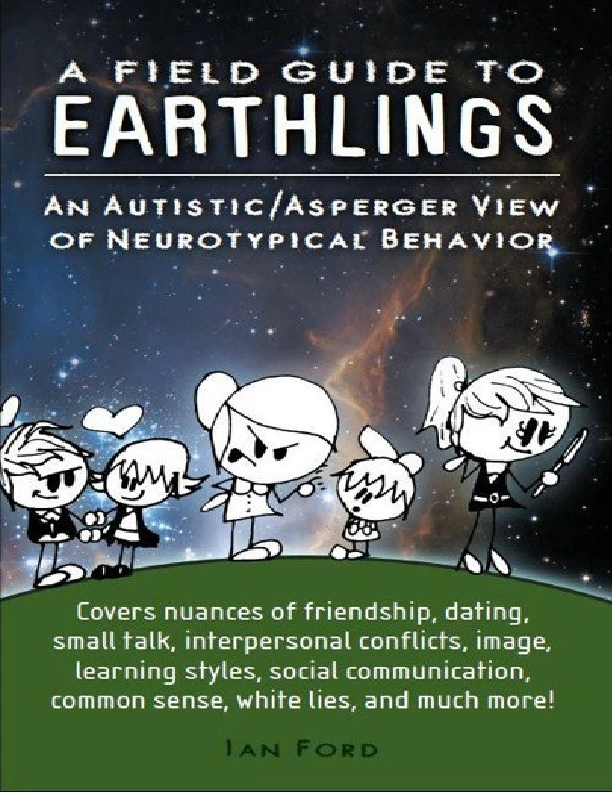A Field Guide to Earthlings: An Autistic/Asperger View of Neurotypical Behavior
A Field Guide to Earthlings: An Autistic/Asperger View of Neurotypical Behavior

pdfcoffee.com
Ian Ford - A Field Guide to Earthlings, An autistic-Asperger view of neurotypical behavior - PDFCOFFEE.COM

A free ebook written for autistic people that describes the neurtotypical world. It can be funny and quite insightful!